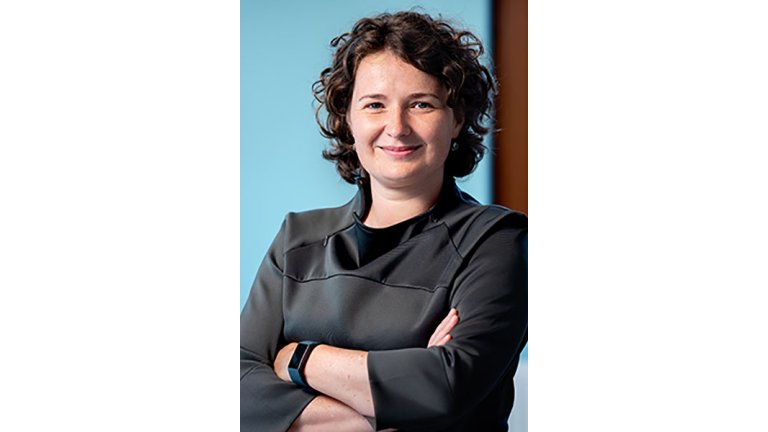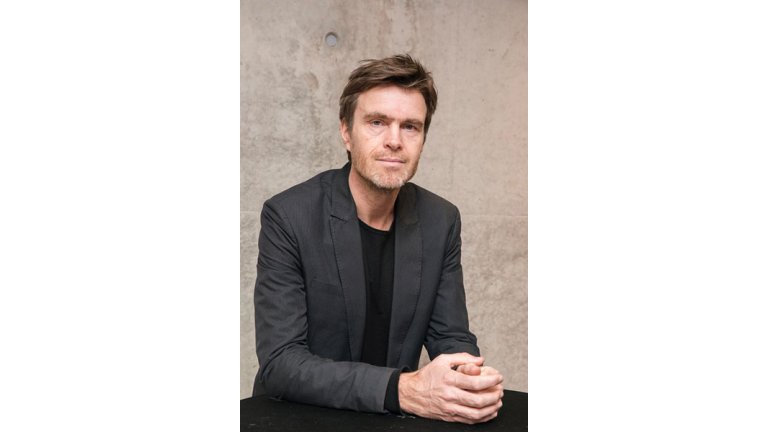The PIs were recently appointed by Amsterdam UMC at the Psychiatry and Neurosurgery departments. The three newly selected PIs will pursue their research interests within these three research programs of Amsterdam Neuroscience: Mood, Anxiety, Psychosis, Stress & Sleep, Compulsivity, Impulsivity & Attention, and System & Network Neuroscience. Meet our newly appointed Principal Investigators:
Mirjam van Zuiden (Mood, Anxiety, Psychosis, Stress & Sleep)
The research of Mirjam van Zuiden focuses on neurobiological, psychological, and cognitive mechanisms underlying differential vulnerability for adverse mental health outcomes after exposure to traumatic stress. Her research ranges from experimental stress studies in healthy individuals to large prospective cohort studies across different developmental periods throughout the lifespan. Her research was supported by a Veni grant from ZonMw (2016), and a Narsad Young Investigator Grant from the Brain and Behavior Research Foundation (2016). As of 2020, Van Zuiden is project leader of 2-ASAP, a multidisciplinary consortium funded by an 8-year grant from the ZonMw GGZ program. This project aims to develop a sex-specific prognostic screening instrument derived with state-of-the-art methodological approaches to predict which recently trauma-exposed individuals are at risk for long-term PTSD, and precisely target preventive interventions towards these individuals.

Erik Rietveld (Compulsivity, Impulsivity & Attention)
Erik Rietveld is a Socrates Professor in Philosophy at the University of Twente and the University of Amsterdam (Amsterdam UMC, Department of Psychiatry). Rietveld’s fundamental research on the philosophy of embodied cognition has an impact in a wide variety of fields, amongst others psychiatry, theoretical neurobiology, and deep brain stimulation. As a Principal Investigator, Rietveld was awarded the prestigious VICI grant by the Netherlands Organization for Scientific Research (NWO) for his five-year research project “Change-ability for a World in Flux: the next step for an embodied cognitive science of brain-body-environment systems”. This philosophical research uses insights into the role that the environment plays in everyday action and self-organizing neurodynamics to understand societal change. Climate change, social cohesion, and the pandemic require collective behavioral change, they require what Rietveld calls “Change-ability”.

Pepijn van den Munckhof (System & Network Neuroscience)
During his PhD, Pepijn van den Munckhof studied the basal ganglia development in a mouse model of Parkinson’s disease (PD). Continuing his career, he specialized in deep brain stimulation (DBS) of the basal ganglia during neurosurgical training. His research interests focus on improving the outcome of DBS surgery in established indications such as PD and essential tremor, and the application of experimental DBS in new indications. Since 2009, Van den Munckhof acted as a co-investigator on several clinical trials on DBS. Next to this, he initiated several research projects to improve the radiological and neurophysiological targeting of DBS surgery. Since 2017, Van den Munckhof acts a Principal investigator of the RECONNECT trial, studying the effects of DBS of the central thalamus in patients with disorders of consciousness, for which he created a multidisciplinary national research alliance.


